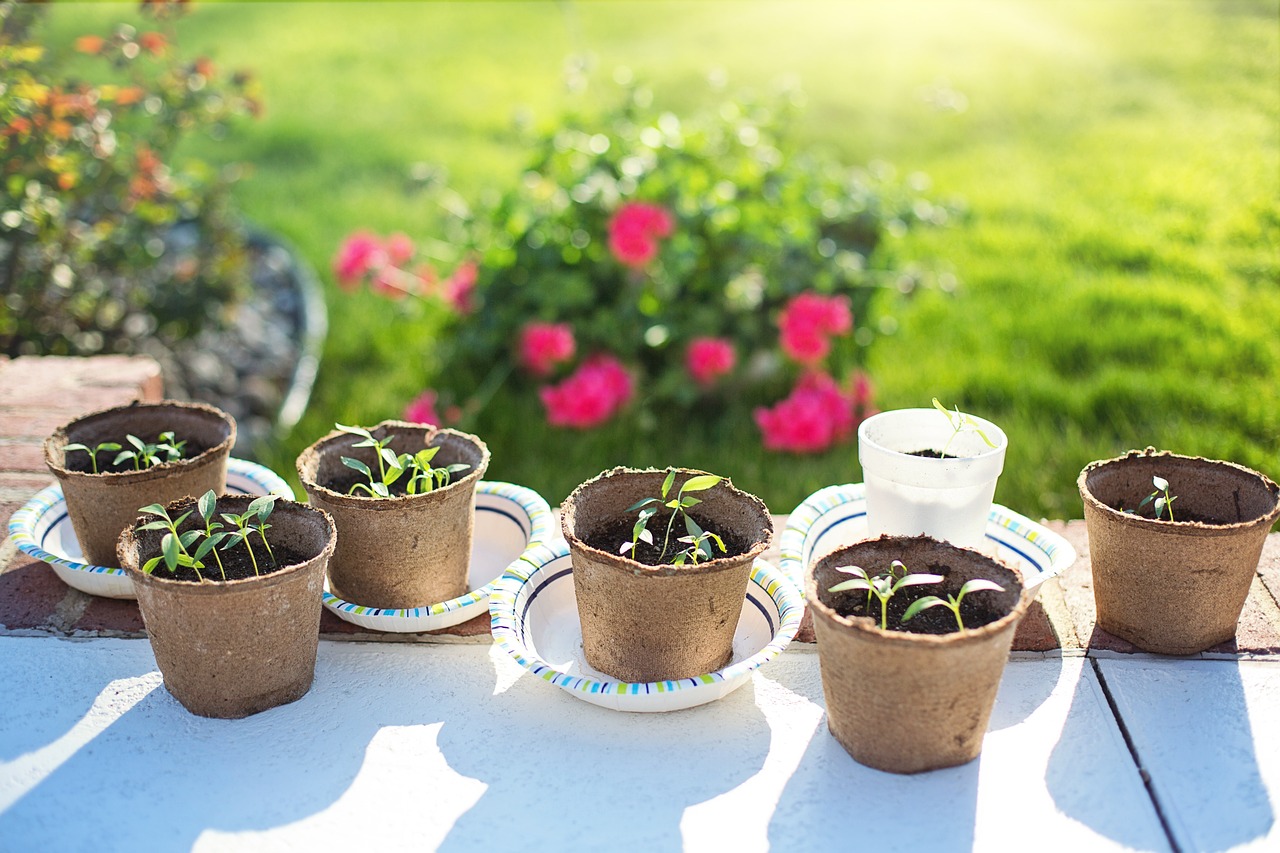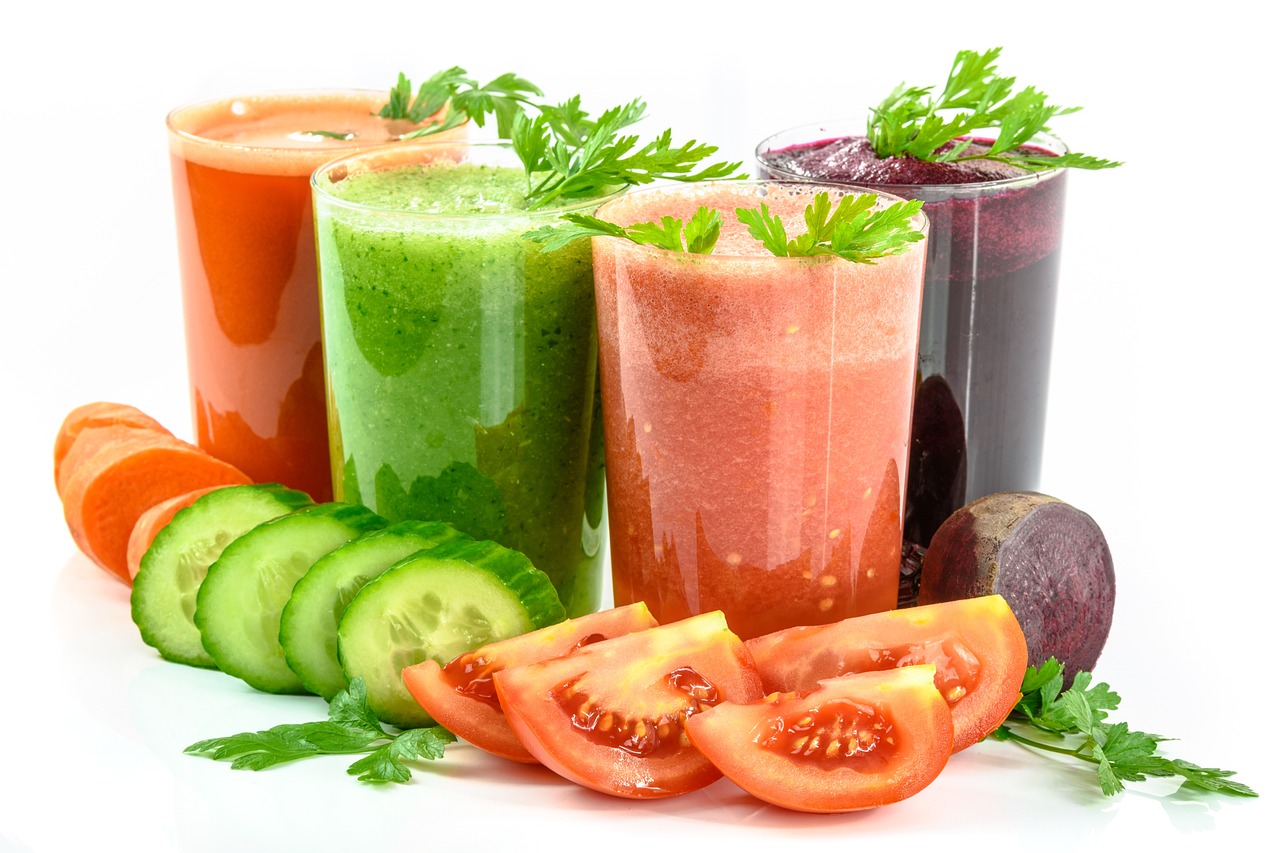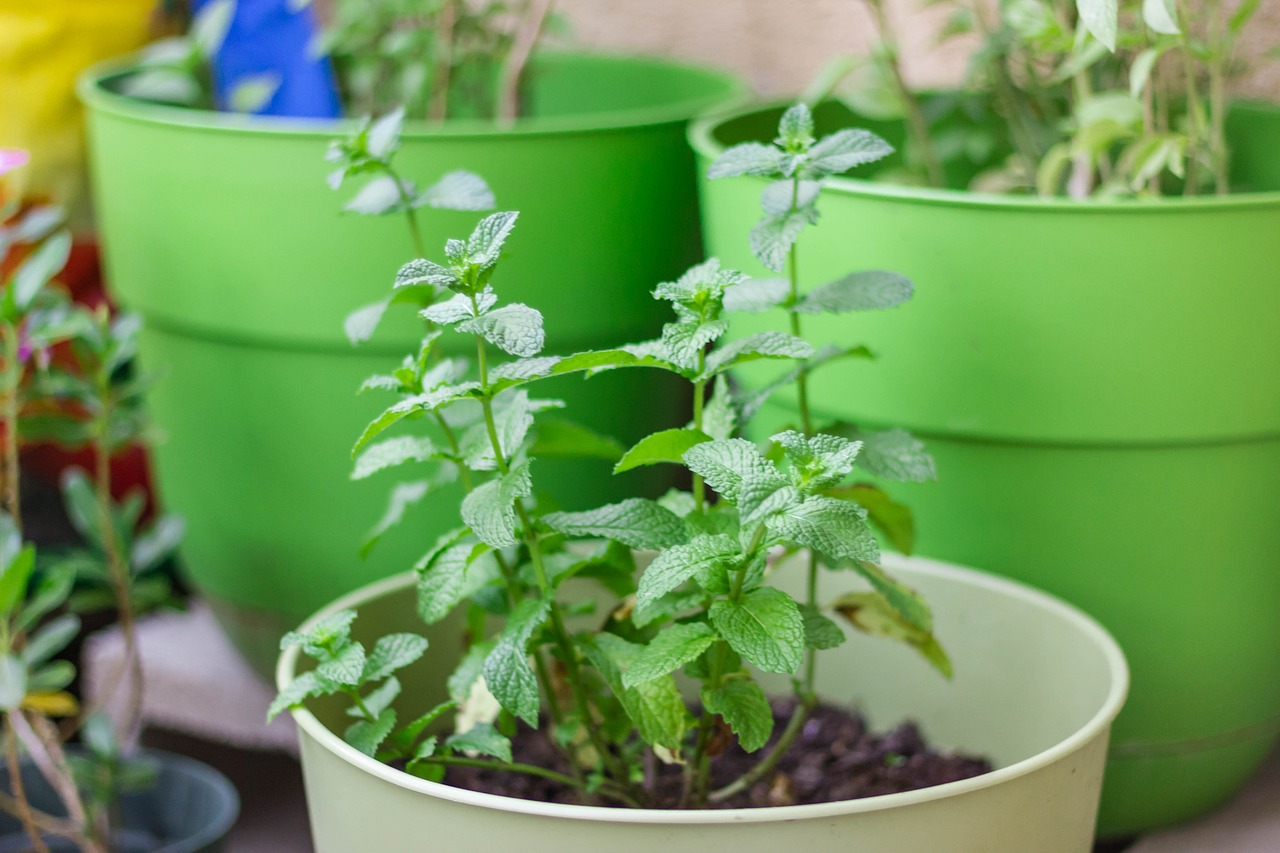The cost of living seems to increase every year and not just for the small luxuries but for basic necessities, too. When it seems like the all extras have been cut from the budget, what’s next?
It’s possible to save money by avoiding processed foods and making some things from scratch. By adjusting our expectations from a processed food experience to a slow food experience, we also benefit from extra taste and less sugar.
For example, pasta sauce base starts with a can of crushed tomatoes; add your favourite vegetables and simmer until cooked and the puree is reduced. For extra flavour, slow-roast the veggies tossed in olive oil in order to remove the excess moisture before adding to the sauce. Premade pasta sauces contain a lot of sugar, so if your recipe tastes a little more acidic than you’re used to, it’s okay to add a small amount of natural sweetener.
When we slow down to appreciate simple, homemade foods we benefit not only our budget but our inner selves as well. The process of making food from scratch encourages us to be in the moment. And re-orienting ourselves to simpler tastes and treats can ground or connect us to our environment. Cooking becomes a craft experience that cannot be matched by packaged food.
Yoghurt is one of the easiest homemade products to experiment with. Store-bought yoghurts usually have a lot of added sugar whereas the homemade variety contains only milk and micro-biotics. Add heaping tablespoon of unsweetened yoghurt to a litre of milk stir well and leave in a sunny spot for a full day. The microbes will reproduce, resulting in high-quality, fresh yogurt for the cost of milk. If you want Greek-style yogurt, strain the product through cheese cloth to separate the curds from the whey.
Jam is also very easy to make and this variety is an excellent topping for yoghurt. A bag of frozen strawberries reduced on the stove with sugar or sweetener will become refrigerator jam in about 30 minutes. Allow them to cool before spooning into mason jars. Store in the fridge for up to two weeks. This is not actually jam because it doesn’t use pectin; it is similar to preserves with a pure and natural taste. Use any type of fruit or combination you like.
Perhaps your family loves to eat salad and have fresh crunchy greens on their sandwiches. These can be expensive in some areas, especially when they need to be imported during the winter. A cost-effective solution is to buy sprouting seeds and grow them yourself on the counter. Expect about one litre of sprouts for each rounded tablespoon of seeds. Start a new batch every 7 days for non-stop greens at pennies per portion.
Milk alternatives such as oat milk have become very popular due to the vegan philosophy. It’s delicious with porridge and brown sugar. Packaged oat milk costs less than real milk, but it still isn’t cheap. To make it at home for a fraction of the cost, combine one cup of rolled oats, and 4 cups of fresh cold water. Blend on high for a minute, then strain through a fine screen or cheese cloth. The result is a creamy oat milk that’s perfect for coffee, cereal, and baked goods. It will last about three or four days in a cold fridge.
These suggestions take time to integrate into your daily schedule; however, there are benefits far beyond the obvious. There is also a spiritual element that fits with the philosophy of growing your own food and personal well-being that comes from it. If you have children at home, these are wonderful values for them to learn firsthand by participating in creative food preparation.
Contact us today to view farms for sale in your area.
Pictures thanks to PhotoMIX-Company & to Jill Wellington






